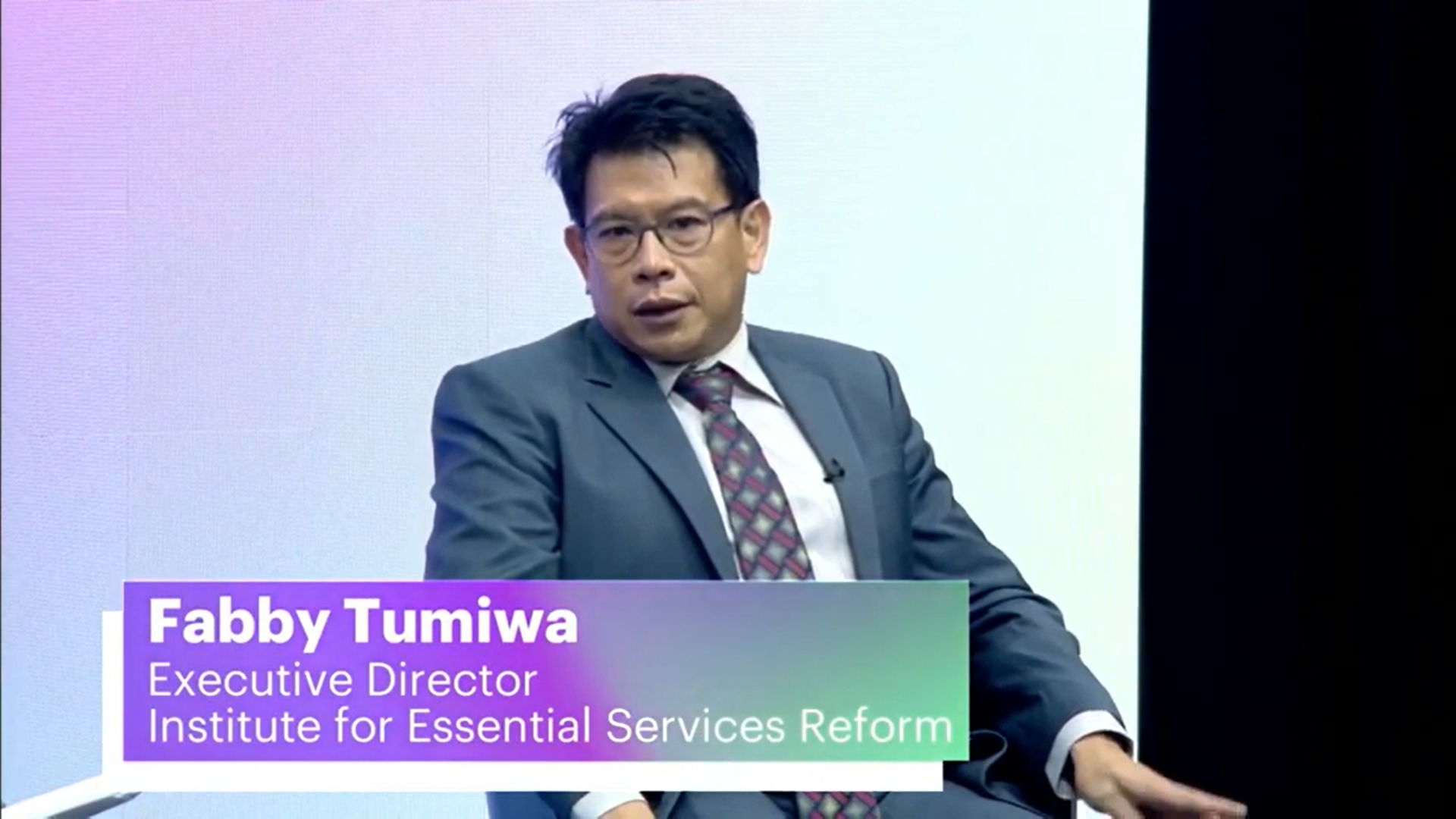The Executive Director of the Institute for Essential Services Reform (IESR) Fabby Tumiwa told Tirto in Glasgow, Scotland, Friday (11/5/2021), calling the plan to eliminate coal and the signing of…
The potential of solar energy in Indonesia reaches 207 gigawatts. Meanwhile, a study from the Institute for Essential Services Reform (IESR) calculates based on the availability of suitable land, the…
Fabby Tumiwa, Executive Director of IESR, said that ending fossil fuel subsidies will create a level playing field for renewable energy. Moreover, fossil energy subsidy funds will be much more…
At the beginning of the pandemic, the G20 countries spent at least USD 318.84 billion to support fossil energy, and fossil subsidies were counterproductive to efforts to make the energy…
The government should review the benchmark DMO pricing policy for power generation and make plans to end this policy. To be in line with the Paris Agreement, coal power plant…
Lisa Wijayani, Program Manager of the Green Economy, IESR, said that fossil energy subsidies increase the negative impact of GHG emissions and the state burden. It is due to economic…

Jakarta, 12 November- Despite the commitment to step up climate action and achieve the Paris Agreement target of keeping the earth's temperature below 1.5 degrees Celsius, the G20 countries, including…

Throughout 2021, responding to the global demand for climate action to align with the Paris Agreement, Indonesia has updated several documents such as the NDC which targets carbon neutrality by…
